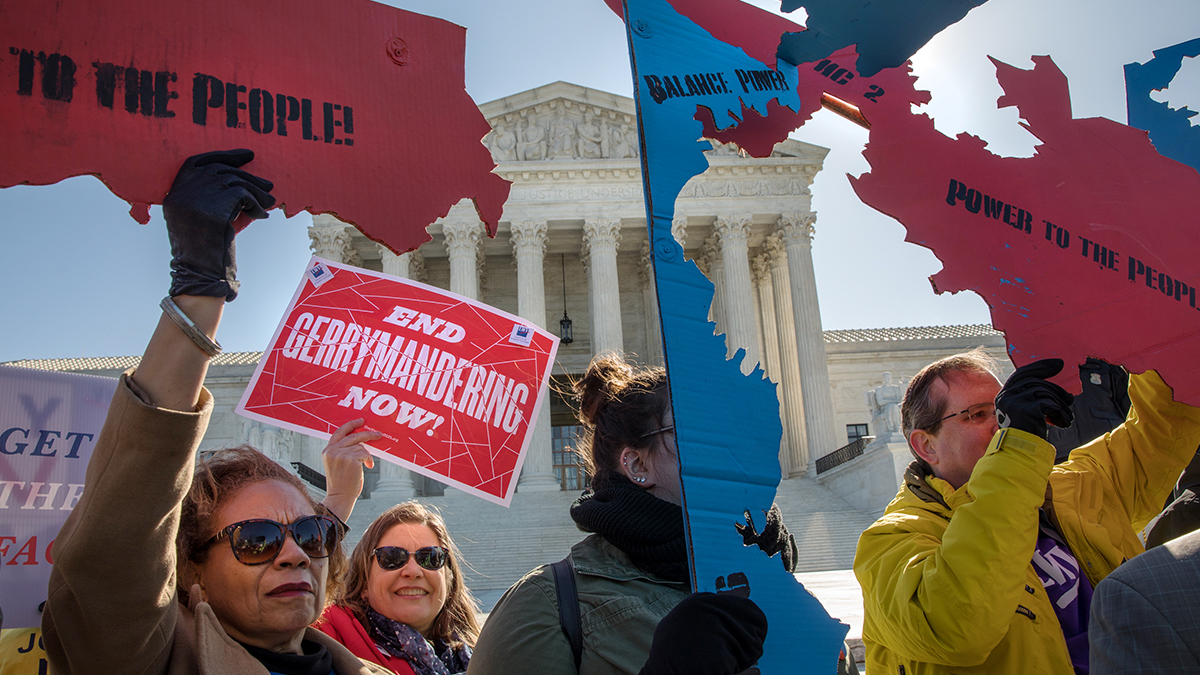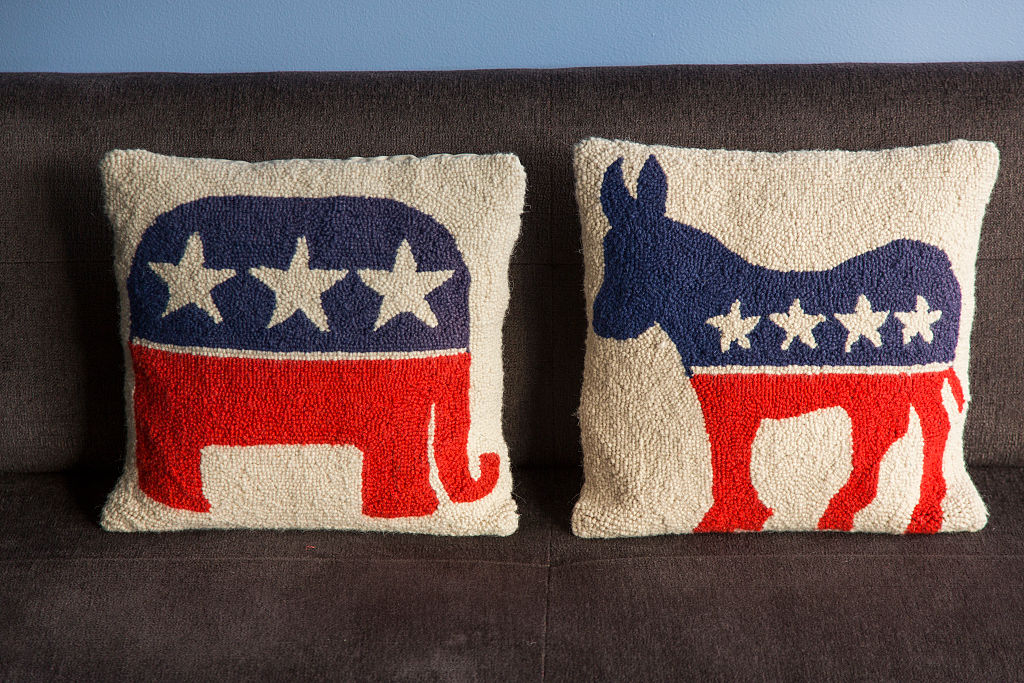Republican state lawmakers in Pennsylvania are trying to push through legislation that would put the right to an abortion on the ballot in an upcoming election, making it a referendum that voters decide.
The move, which would ask voters if the state constitution should include language banning the use of public money for abortions, allows for sidestepping the governor's veto. A ballot question seeking voters' approval for a constitutional amendment cannot be vetoed by the governor.
The Republican-controlled legislature has shown an increasing eagerness to use ballot questions to avoid Democratic Gov. Tom Wolf. The governor can veto standard legislation passed by the state General Assembly, unless lawmakers approve a law with a supermajority.
On Tuesday, the Senate Health and Human Services Committee approved along party lines the bill that would eventually put the anti-abortion bill on a future ballot for voters. Any ballot question must be approved by the state legislature in two consecutive sessions, so the earliest the referendum would go to voters is next year.
Get Philly local news, weather forecasts, sports and entertainment stories to your inbox. Sign up for NBC Philadelphia newsletters.
Wolf, who cannot run for a third term, will leave office next January. The election of his successor is one of the highest-stakes races in Pennsylvania this year. Issues like abortion, natural gas drilling, climate change and public safety hang in the balance. Republicans are expected to hold onto control of the legislature following the elections in November.
"My administration is committed to reducing maternal mortality and giving women, birthing people, children and families the support that they need to succeed," Wolf said in a statement this week following the initial approval by legislative committees of two anti-abortion bills. "This should be our focus, not regressive policies that make it harder for vulnerable people making difficult decisions about their health. Further, we have seen in other states, these policies are detrimental to efforts to attract and retain businesses, entrepreneurs, and workers."
In a separate bill, the same Senate committee also approved legislation that would ban state funding for organizations that perform abortions. That bill, however, would require the governor's signature.
Nationally, anti-abortion advocates are feeling empowered by some upcoming cases in front of the U.S. Supreme Court, which now includes a conservative-learning bench.
The court is currently considering a Mississippi law that bans all abortions after 15 weeks. If that law is upheld, it is widely considered an affront to the 52-year-old precedent, Roe v. Wade, that for decades has guaranteed a woman's right to abortion access.
The court has also been debating the merits of a novel anti-abortion law in Texas that skirts certain types of judicial appeals by women's rights groups.
In Pennsylvania, Republican lawmakers have for years tried to limit abortion access. Wolf has vetoed several pieces of legislation that passed on party lines in the past seven years.
"Since taking office, there have been six different anti-abortion bills introduced by members of Pennsylvania’s General Assembly," Wolf said. ”I have vetoed three of those bills placed on my desk for signature and vowed to veto the rest. Yet, members continue to advance additional legislation that would restrict access to abortions in the commonwealth."
Abortion procedures in Pennsylvania do have regulations already in place. According to the state's Abortion Control Act, those include:
- a 24-hour waiting period and state-mandated counseling
- Insurance coverage for state employees and through Obamacare only in cases of rape, incest, or if the woman's life is in danger
- a parent's consent for a woman younger than 18
- restriction beyond 24 weeks of pregnancy unless the woman's life is in danger
The Pennsylvania governor's race will be one of several across the country closely watched by advocates on both sides of abortion debate. Other states' gubernatorial elections, like Wisconsin, Michigan and Kansas, are also expected to be on the frontline in the ongoing campaign for and against abortion rights this year.
Decision 2022
“Really truly, governors in many states are going to be our backstop,” Jenny Lawson, vice president of organizing and electoral campaigns for Planned Parenthood Action Fund told the Associated Press this week. “As the decisions come down to the states, these governors are the ones who can protect access.”
The leading national anti-abortion organization, the Susan B. Anthony List, is gearing up for the biggest year of campaigning in the group's history, according to the Associated Press.
"There will be a lot of focus on all the states and the midterm elections,” Marjorie Dannenfelser, the president of Susan B. Anthony List, told the AP.




